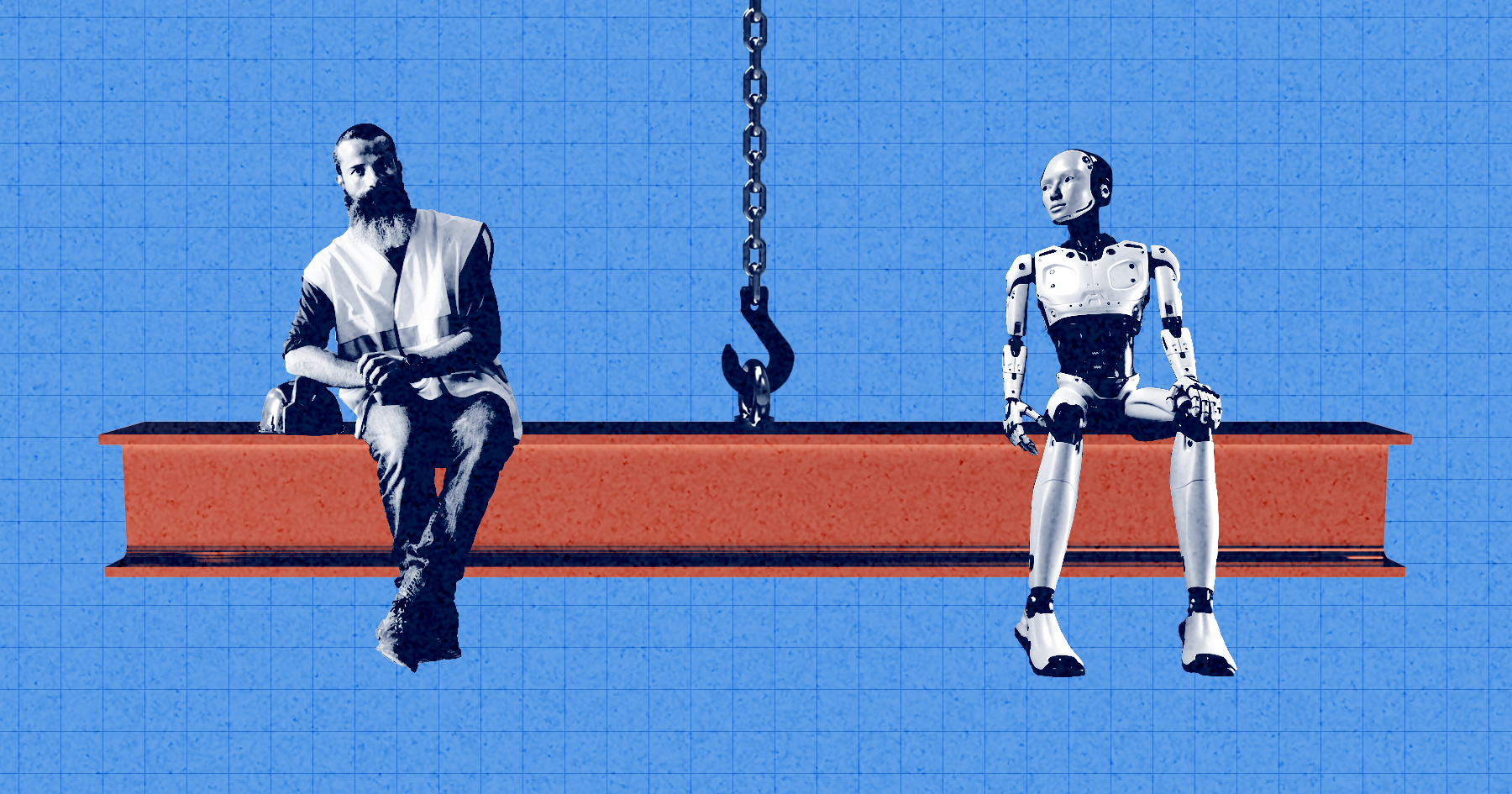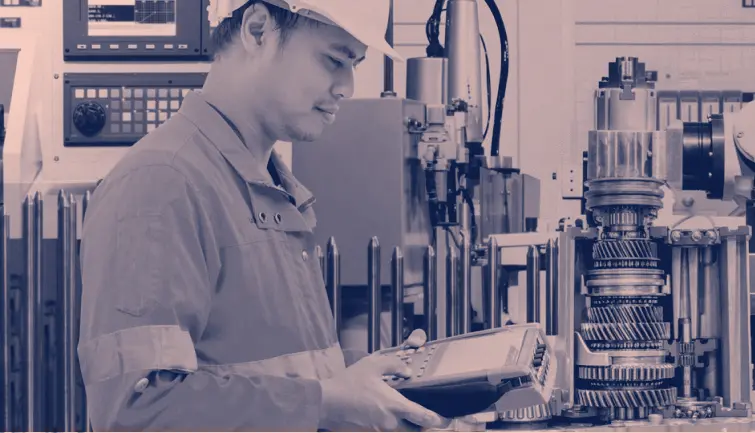Introducing a Framework for Promoting Workforce Well-being in an AI-integrated Workplace
Introducing a Framework for Promoting Workforce Well-being in an AI-integrated Workplace
Businesses large and small around the world are increasingly introducing artificial intelligence (AI) into the workplace, unleashing a tremendous potential to boost productivity, enable new business models, improve safety, and assist workers. This adoption also engenders a whole host of risks to the well-being of the workforce, potentially exacerbating long-standing inequities in the treatment of workers, which have been laid bare by the COVID-19 health crisis and the economic fallout that ensued. New concepts, ideas, and social institutions will be necessary to ensure that transitions to AI-integrated organizations are as inclusive of and empowering for workers as possible. Today, the Partnership on AI offers a Framework for Promoting Workforce Well-being in the AI Integrated Workplace as one resource toward facilitating these transitions in a way that promotes the well-being of individual workers and the workforce.
The Framework consists of two parts. Part 1 synthesizes relevant literature around well-being into six pillars of workforce well-being that should be prioritized and protected throughout AI integration in the workplace. Part 2 builds on the six pillars introduced in Part 1, and presents a set of tools for organizational leaders, workers and other stakeholders aimed to help guide organizational thinking on the journey of protecting and promoting workforce well-being throughout AI integration. While we recognize that there are multiple definitions, categories, and components of well-being, this document highlights elements of well-being that we feel are critical for organizations to focus on when integrating AI.
The Framework is not meant to be prescriptive in its approach. Rather, it is intended to be a tool to facilitate an inclusive dialogue across stakeholders – management, workers, unions, and technology developers – by highlighting priority areas of well-being for organizations to focus on and articulating a set of questions to further guide discussions and decision making.
We thank the many PAI partners, members of the AI, Labor and the Economy Expert Group, and especially the participants of the Worker Well-being workshop generously co-sponsored by the Ford Foundation, for their contributions to the creation of this Framework. It is our hope that the Framework will not only serve as a reference tool for organizations, but will also contribute to facilitating a broader multi-stakeholder dialogue across industry, academia, civil society, and the public about the processes necessary to protect and promote well-being of the workforce in an AI-driven economy.
Going forward, the Partnership on AI will use the Framework to guide the thinking of ongoing and future projects that tackle workforce well-being questions specific to particular industries and AI adoption use cases. In particular, we are drawing on the Framework in the new initiative aimed at developing procurement practices supporting better working conditions in the data labeling ecosystem.
Elonnai Hickok is the former-Chief Operating Officer at the Centre for Internet & Society India (CIS), a PAI Partner organization, where she leads their Internet Governance portfolio. She is also a member of the Freedom Online Coalition Advisory Network and an alternative board member to the Global Network Initiative. Elonnai co-chaired the AI, Labour, and the Economy Expert Group at the Partnership on AI.






